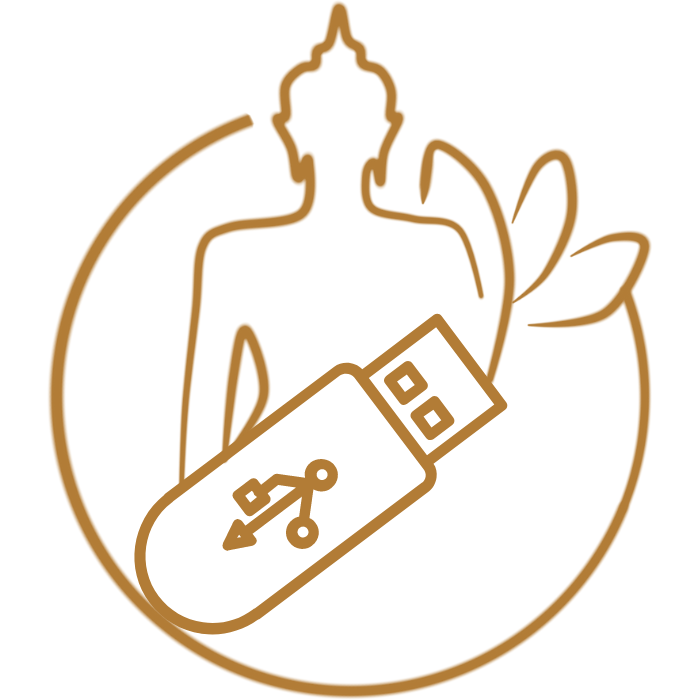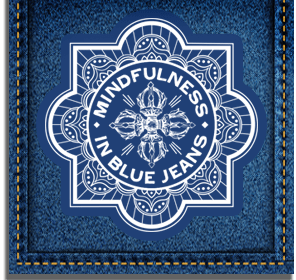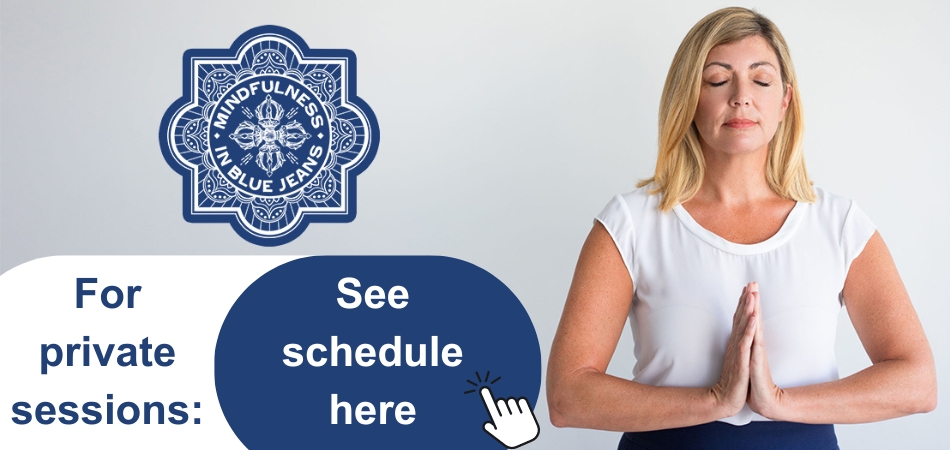We often hear that mindfulness is just about practicing awareness, but the “original gangster” of mindfulness never said that.
“Mindfulness is about paying attention to what you’re doing.” “Mindfulness means observing what’s happening.” “Mindfulness is simply being with the present moment.”

We usually hear about this “mindfulness” thing in the context of awareness, and even hear the terms used interchangeably. There are two problems with this. One, we already have a word that means awareness. (That would be “awareness.”) And two, mindfulness – as taught by the Buddha 2600 years ago – isn’t about merely being present.
Cultivating present-moment awareness is a skill that the Buddha called “alertness.” But alertness by itself isn’t going to be much use without some recollection of our past. To create a better present moment (and better present moments-to-be!), we need to hone different skill set.
We need the ability to remember what we’ve done in the past that’s led to a happiness that has been harmful to none (including us!) … and we need the ability to remember what we’ve done that hasn’t.
We also need to be able to hold this in mind while we’re being alert to the present moment, so we can apply this mindfulness-based wisdom to shape our lives skillfully.
That’s mindfulness.
Confusion and misinterpretation about the Buddha’s teachings arise from missing this context. Without it, we quickly slip into the defeatist mindset that says “freedom is just completely surrendering to whatever is here, because you can’t do anything about it anyway.” And when we start practicing, we sometimes think that’s actually the case, because we find that surrender feels better than fighting! But …
This practice isn’t about passively surrendering, because that’s not freedom.
As Thanissaro Bhikkhu says in Ask Yourself the Buddha’s Question: “Sometimes we hear about meditation as being all about accepting, accepting, accepting. Well, the things you want to accept are the facts that you are acting, and your actions are having an impact on your experience.” The skills of mindfulness – as it was originally taught – allow us to change our input to the various cycles in our lives. We act in cycles. We speak in cycles. And most critically, we think in cycles. Mindfulness, combined with alertness, makes it possible to create better input to get better output.
Like any other skill, we usually suck at first. There’s nothing wrong with that; it’s expected. Building a new skill is mostly learning how to suck less. There’s lots of experimentation involved: try one thing, see the result, try something else based on the result, and see that result. Lather, rinse, repeat.
The process of doing this continuously is what the Buddha called “ardency.” It’s a persistent effort. That doesn’t necessarily mean it’s an all-out, exhausting effort. The example I like to give is the way water slowly wears away rock. It doesn’t happen all at once; it’s from gentle, continuous contact.
The powerful combination of mindfulness, alertness, and ardency can take us to actual freedom.
Observing the present moment isn’t wrong; it’s just not the whole story. And it’s not mindfulness … at least not according to the OG.
Questions? Comments? Ready to build mindfulness skills? Drop me a line or set up some time for guidance.

